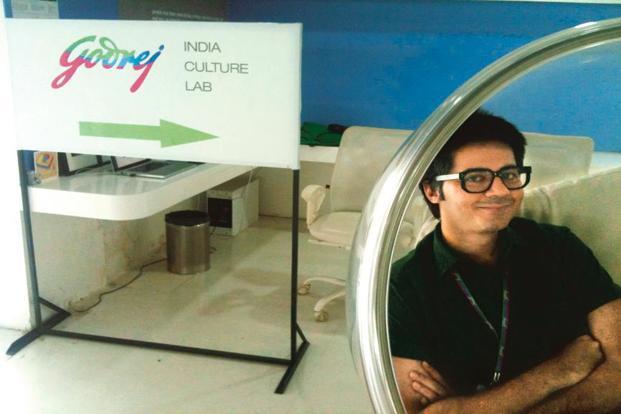Cool Jobs | Parmesh Shahani, Head, Godrej India Culture Lab
The following interview was published in LiveMint on January 4, 2013.
 |
|---|
The Vikhroli catalyst
Parmesh Shahani, a former editorial director of Verve magazine, thought up the Godrej India Culture Lab, a cultural ideas platform, after becoming a TED Fellow in 2009, realizing then that Mumbai, or India, has no space that encourages cross-pollination of ideas around contemporary society, anthropology and culture.
Shahani, the author of Gay Bombay: Globalization, Love And (Be)Longing in Contemporary India, has earlier managed research for Massachusetts Institute of Technology (MIT) think tank related to media convergence.
Ever since Godrej’s Nisa Godrej took up his idea, the Godrej India Culture Lab has hosted a conference called Urban (Re)imagination—which it launched in 2011—talks by Japanese architect Tadao Ando, and MIT economist Abhijit Banerjee, film screenings and book readings on themes as diverse as Calcutta jazz and jugaad. Shahani says he works on weekends and looks forward to Monday mornings. Edited excerpts from an interview:
What exactly does your work involve?
My work involves identifying interesting people and ideas and then connecting them to each other—either through public talks, conferences, salons or other means of interaction. There are certain themes I am interested in exploring, such as what it means to be modern and Indian today, what it means to be young or urban, and to be connected through technology. My work often feeds directly into the larger Godrej group efforts. We have a campaign called Godrej LOUD—Live Out Ur Dreams—on MBA campuses across India with excellent results.
What are your challenges and what more do you want to bring into the Lab?
What has been your favourite project here?




